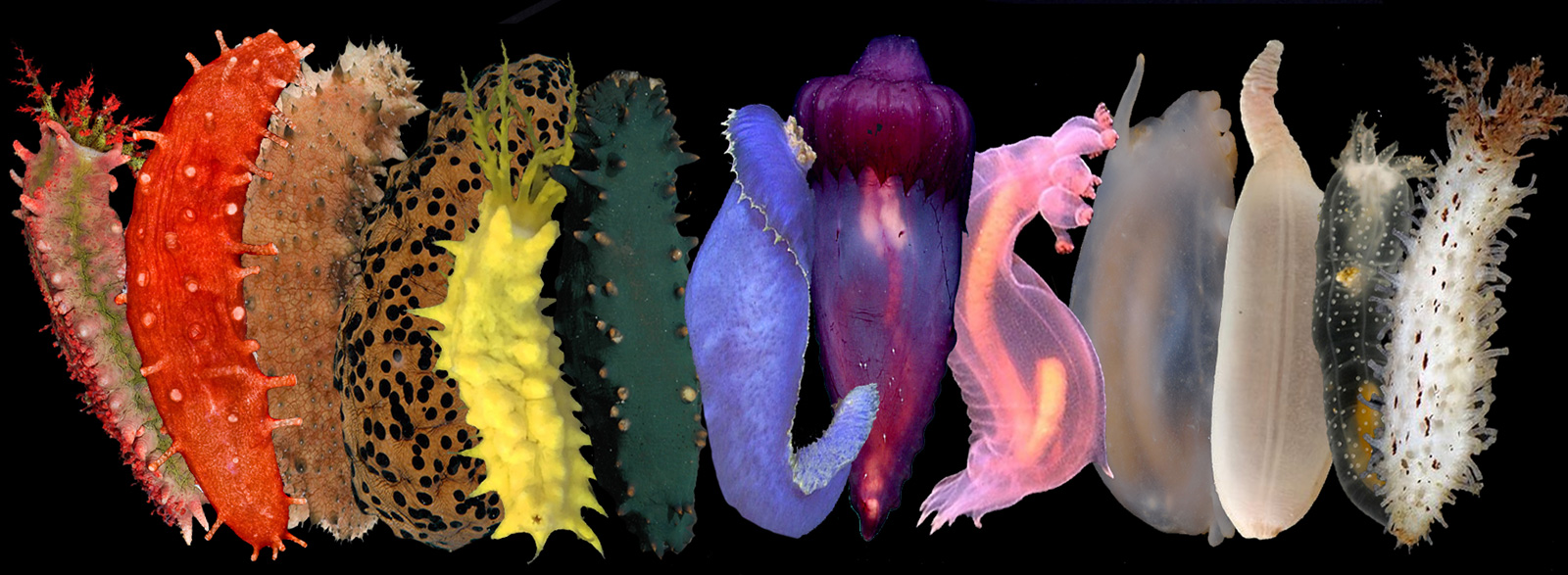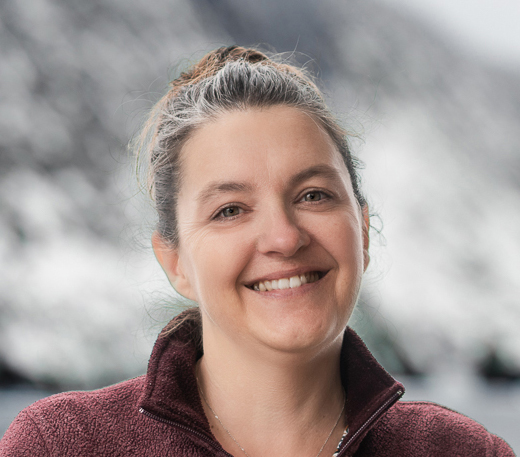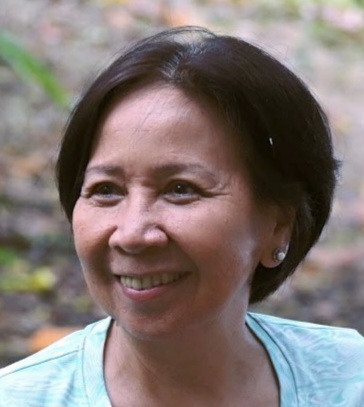Dr. Annie Mercier is a Professor at the Department of Ocean Sciences of Memorial University (Canada) where she pursues wide-ranging research interests around marine benthic communities and their ...
IUCN SSC Sea Cucumber Specialist Group

Overview and description
- Description:
-
Sea cucumbers are echinoderms in the class Holothuroidea and include over 1,700 extant species. Many sea cucumber species are threatened by overfishing to supply the luxury seafood market. Other ...
Group leadership
More about the Specialist Group
This specialist group works not only on assessments but on a concerted effort to generate more data, exchange knowledge, and help implement management measures that can benefit marine conservation more broadly. International trade for sea cucumber is intense, is thought to be rapidly increasing in both diversity and scale, and has been recorded in at least 70 countries. While sea cucumbers are largely traded on seafood markets in Asia, there is also a growing demand from pharmaceutical and nutraceutical markets, and crime involving sea cucumber is on the rise. Due to the broad diversity of sea cucumber species, many of which remain poorly known, and the existence of region-specific threats, conservation initiatives are necessary both at global and regional scales.

MISSION
Raise global awareness of sea cucumbers, including their role in marine ecosystems and the many threats they face, and help expand the knowledge base necessary to ensure their protection worldwide, especially for commercially exploited species, through education, networking and training initiatives, systematic reviews, scientific research, and the update and expansion of conservation status records.
Specialist Group work
Sustainable Use
This segment focuses on the commercial exploitation and aquaculture of sea cucumbers. We plan to work with the UN Food and Agricultural Organization (FAO) to update the available knowledge on and the status of commercial sea cucumbers (including compiling the work of regional groups).
Group Lead: Dr Steven Purcell (Southern Cross University).
Regional Groups
We will create working groups that will (i) review threats/pressures on and (ii) management measures (and their implementation) for sea cucumber conservation by region.
Red List Assessment
We will undertake a review of the IUCN assessment criteria in light of the specificities and life-history strategies of sea cucumbers, and move on to assess more species, in order to minimise the use of Data Deficient category. This will be led by group members who are trained in Red Listing.
Group Lead: Dr Veronica Toral-Granda (Charles Darwin University).
Taxonomy & Systematics
Because there are many issues around the misidentification or problematic classification of key sea cucumber species, we aim to facilitate reviews and clarifications with the help of expert taxonomists.
Group Lead: Prof. Maria Byrne (University of Sydney).
Information & Communication

This segment focuses on reviewing and updating current knowledge on sea cucumbers that is available to the public and to develop a conservation page in the SPC Beche-de-mer Information Bulletin. It will also aim to maintain links with FAO, regional fisheries management organizations, and other relevant bodies, and handle general media relations.
Group Lead: Dr Emaline Montgomery (Fisheries & Oceans Canada).
Projects of the Specialist Group
- A book on the important commercial species Holothuria scabra was published.
- A new edition of the FAO publication on “Commercially important sea cucumbers of the world” was published.
- The book “The World of Sea Cucumber – Challenges, Advances, and Innovations” was published.
- Sea cucumber fishery surveys were completed in June 2023 in French Polynesia. Through the PROTÉGÉ program funded by the European Union, a consortium of researchers has undertaken the fieldwork for a fishery assessment project in the Tuamotu islands in French Polynesia. The team includes CREOCEAN, Ginger-Soproner, the Department of Marine Resources French Polynesia and Southern Cross University. The recent dive surveys in conjunction with state-of-the-art spatial mapping will determine the abundance and biomass of the sea cucumber stocks on the atoll, comprising more than 700 km2. A principal outcome of the project will be recommendations to the national fishery department about a re-opening of the fishery. Provided by S. Purcell.




